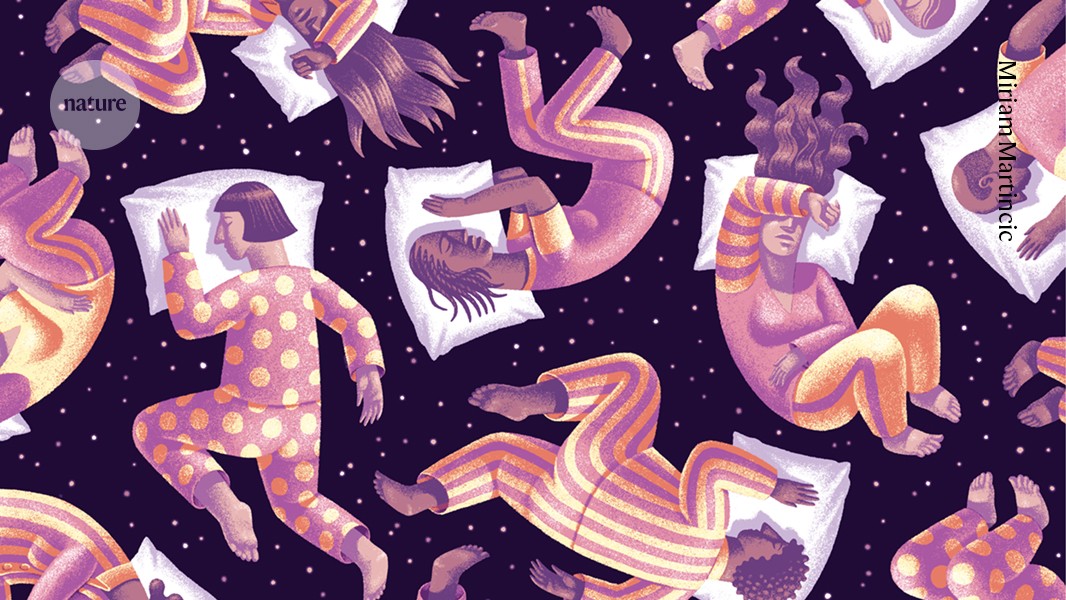#light-exposure
#light-exposure
[ follow ]
#circadian-rhythm #jet-lag #meal-timing #sleep-hygiene #travel-tips #sleep-science #blue-light #insomnia
Science
fromIrish Independent
2 months agoReal Health podcast: 'If you use an alarm clock, you are under sleep pressure' - sleep expert Professor Andrew Coogan
Bright morning sunlight and reduced evening blue-rich LED light improve sleep; women experience roughly twice the insomnia prevalence as men, linked to anxiety and depression.
[ Load more ]
:max_bytes(150000):strip_icc()/TAL-sleepy-woman-sunny-hotel-room-JETLAGTIP0126-015c5bfe219e45339c8b267c5d3eb8f0.jpg)
:max_bytes(150000):strip_icc()/TAL-sleep-on-airplane-SLEEPONVACAY0825-7156559b443941c386162adad06594ba.jpg)
